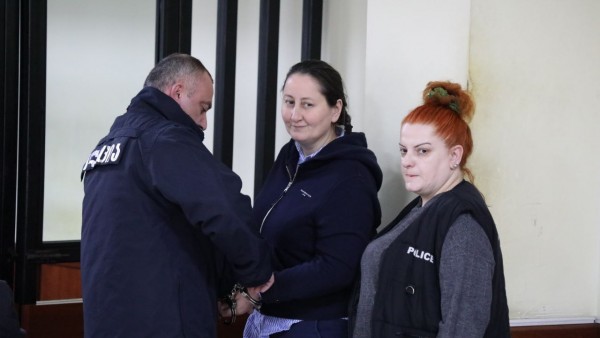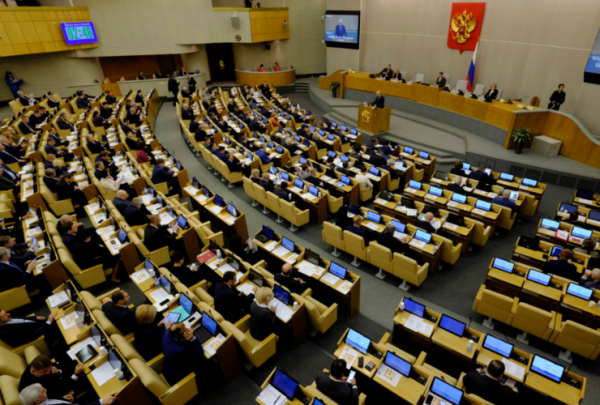Turkish reporter Ismail Saymaz faces 79 years in prison due to the publication of critical articles for the Turkish daily newspaper Radikal, IPI’s National Committee in Turkey reports.
Saymaz, accused of “violating the secrecy of an investigation” in relation to the Ergenekon trials and events in the city of Erzincan, has previously been charged with no less than eight other criminal cases. The eighth trial opened up against him on account of his article titled, “Love games in Ergenekon – The Ergenekon prosecutor also took the judge’s statement,” published on 8 June.
The journalist stands trial under allegations of “insult,” “violation of the secrecy of an investigation,” and the “attempt to influence a fair trial,” according to articles 125, 285, and 288 of the Turkish Criminal Law (TCK). His first hearing is scheduled for 28 January 2011.
Addressing the current state of free media in Turkey, IPI Board Member Ferai Tinc, who is also chairperson of the IPI Turkey National Committee, stated, “The Press Law, Anti Terror Law, and several articles of the Penal Code have reached a stage that hinders journalists from performing their job. At present, 48 journalists are in prison and more than 700 journalists face imprisonment. This situation abolishes people’s freedom of information.
She added, “I ask Prime Minister Erdogan and the government to revise the laws threatening press freedom, while they have the support from the constitutional referendum. Press freedom is the guarantee of a democratic Turkey.”
In an interview with The IPI National Committee, Saymaz stated: “I only do my job as a reporter, inform the public on the events that the public is interested in, and supply them with objective information. I do not try to influence in any way. They sue me with imprisonment of tens of years on every word my newspaper reports.”
“Freedom for the Journalists’ Platform,” an organization that consists of 17 media outlets, was created on September 24 to discuss the current situation of journalism. The Platform expressed their concern over the influence of Turkish authorities in the media and quoted Prime Minister Erdogan as having said on February 26, 2010, “Columnists cannot write whatever they want. You pay them, control your writers and do not let them write, dismiss them.”
IPI Press Freedom Manager, Anthony Mills said: “IPI reiterates that it is unacceptable that journalists be criminally charged simply because the content of what they write is not liked by the authorities. Journalists have a professional duty to transmit information that is in the public interest. The authorities have an obligation to allow them to do so.”
IPI’s affiliate organisation, South East Europe Media Organisation (SEEMO), supports this statement.


